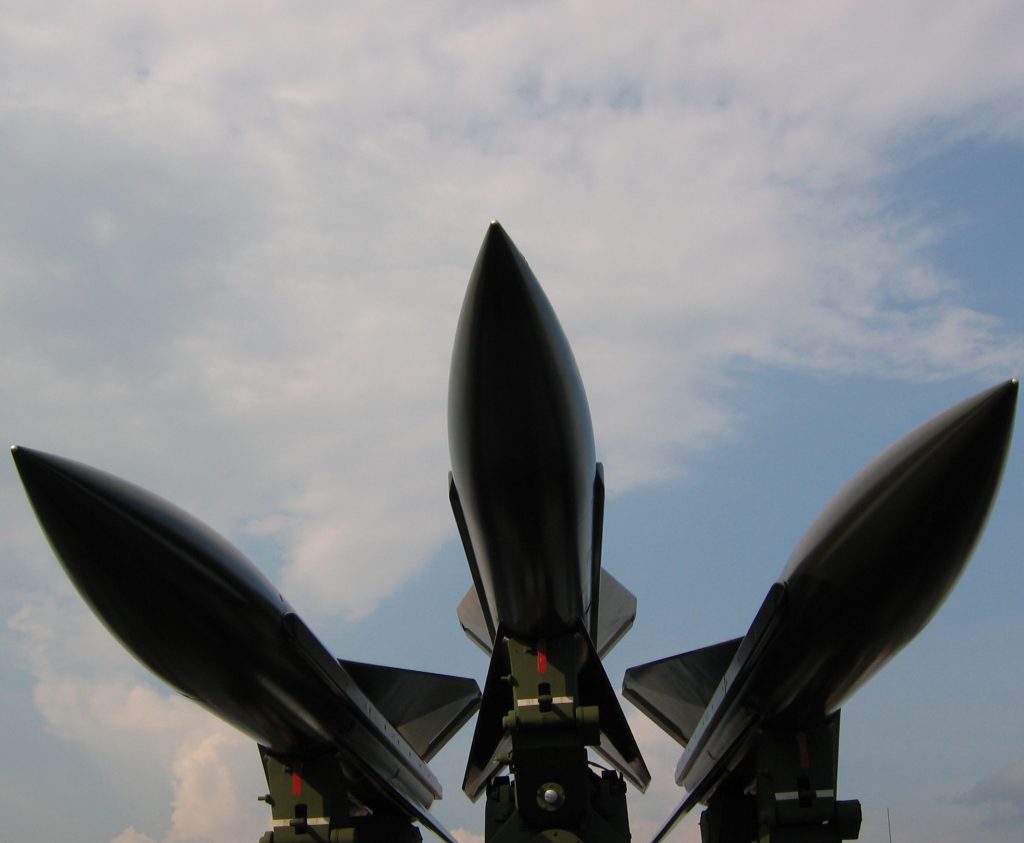
Dear clients,
We would like to inform you that, in connection with the upcoming Liberation Day of Bulgaria, on March 3, 2023 (Friday) the DeltaStock customer support team won’t be available.

Dear clients,
We would like to inform you that, in connection with the upcoming Liberation Day of Bulgaria, on March 3, 2023 (Friday) the DeltaStock customer support team won’t be available.

Welcome to this week’s publication where we’ll be analysing the USTECH100 index. Last week was particularly volatile for the stock market, with the index dropping more than 700 points since the start of the month on fears that the Federal Reserve would be more aggressive in its tightening of monetary policy. These fears were prompted by the release of the minutes from the Fed’s January meeting, which revealed that some policymakers were considering raising interest rates by 50 bps due to concerns about rising inflation. As a result, investors are now closely watching the Fed’s next moves and any indications of when and how it might adjust its policies.

This week we continue with the analysis of some of the most popular instruments with the currency pair GBP/USD, which was one of the best performing forex pairs last week. To a large extent, the arguments in the analysis remain valid when trading other crosses, due to the interdependence of the markets.

Dear clients,
We would like to inform you that due to the Presidents’ Day in the US, on Monday, February 20, 2023 the trading hours of some CFD markets will be changed as follows:

Source: Dreamstime
At Deltastock we believe that a balanced and structured analysis of some of the most traded instruments would be beneficial for our clients. To a large extent, the arguments in the analysis of a currency instrument remain valid when trading other crosses, due to the interdependence of the markets.
For example, the analysis for EUR/USD can be directly applied when analysing the USD/CHF cross, due to the very high negative correlation. That is, if the euro-dollar rises, the dollar-franc most likely falls, and vice versa. But for both currency pairs, the arguments for the USD would be valid.

Source: Dreamstime
The shares of producers of weapons, missiles, rockets, fighter jets, ships, tanks, drones and all sorts of military equipment are considered a good investment in times of economic uncertainty. Even though they do not provide staggering profits, usually they are a constant source of income, since government expenses (mainly the U.S.) remain relatively constant.
When, however, there are geopolitical tensions and wars, the shares of defence companies become very attractive. Then, government defence expenses soar and the orders for all sorts of weapons are literally pouring in. And this is quite logical.